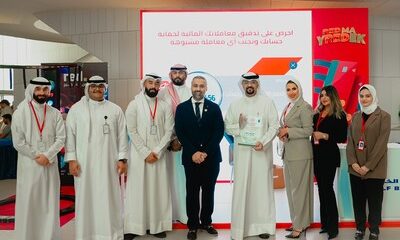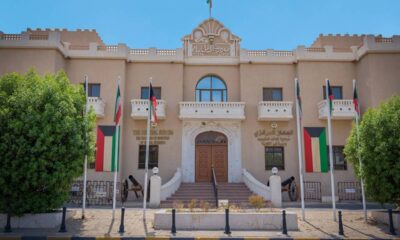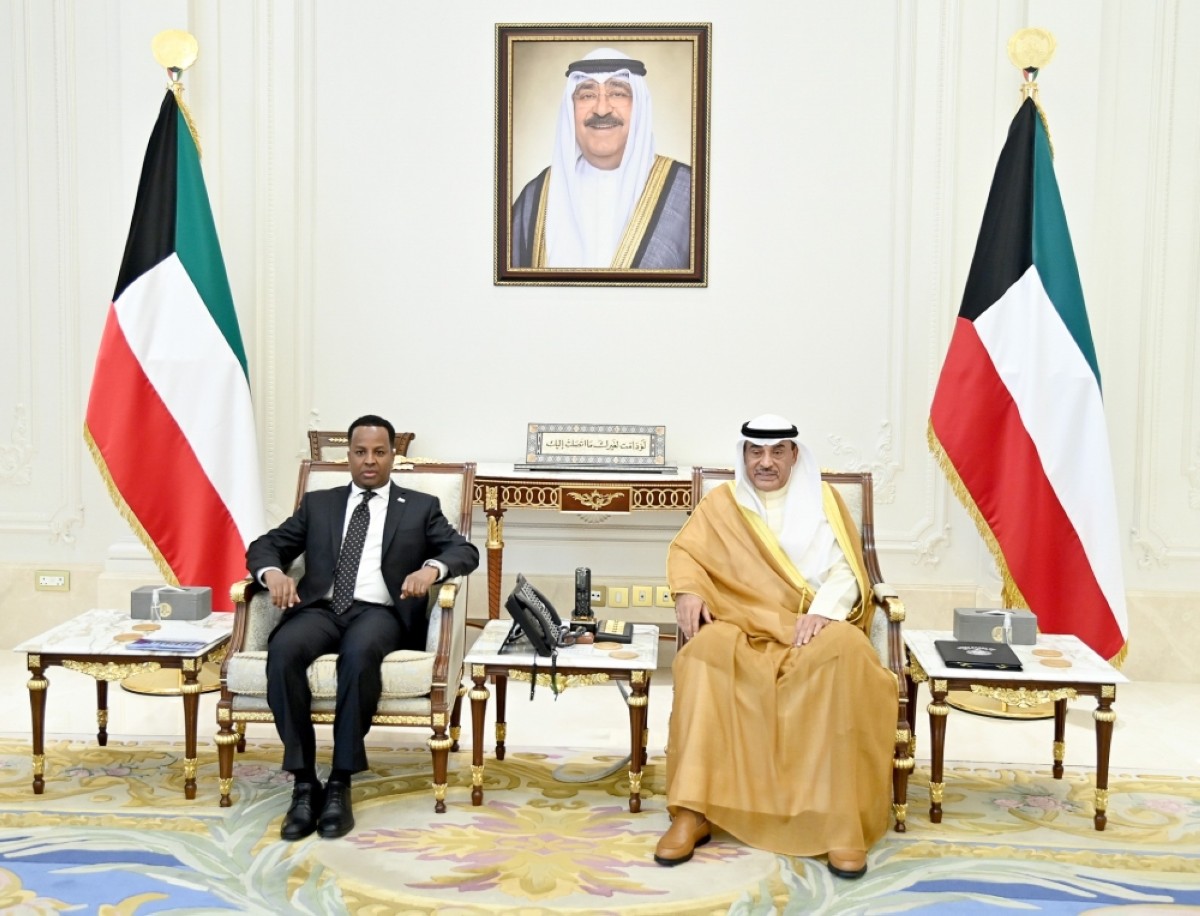KUWAIT: Kuwait’s Cabinet has approved important changes to laws aimed at better protecting public funds and speeding up the court system. Deputy Prime Minister and Minister of State for Cabinet Affairs Shareeda Al-Maousherji, shared details after the weekly Cabinet meeting held at Bayan Palace under Acting Prime Minister Sheikh Fahad Yousef Saud Al-Sabah.
The new rules widen the scope of what counts as misuse of public office, covering any illegal benefit. Penalties are stricter, especially when misuse involves government contracts or tenders. Officials will also be barred from sharing confidential information for up to ten years after leaving their jobs, with fines and possible dismissal if they break this rule.
Courts will have more authority to remove officials even if mistakes were unintentional. New provisions make fraud in government contracts a criminal offense, and intentional damage to public funds is now punishable even if no personal gain is involved. Companies can also be held accountable for crimes involving public money. Prosecutors will have the power to demand the return of funds even after criminal cases are dropped. And submitting false or misleading information can now lead to fines up to KD 10,000.
The changes also unify the definition of who counts as a public employee, extend deadlines for reporting to the Audit Bureau to 30 days, and introduce electronic ways to submit those reports. They also raise the threshold for investment disclosures to KD 250,000, with reporting moving to an annual schedule.
Digital courts
On the court procedures side, the Cabinet approved amendments to speed up civil and commercial cases and to fully embrace digital tools. From filing lawsuits to enforcing judgments, processes can now be done electronically, and remote court sessions will be allowed.
These changes come as part of the Ministry of Justice’s ongoing digital transformation. Minister of Justice Nasser Al-Sumait told the Kuwait News Agency (KUNA) last week that the ministry is in the final stages of issuing legislation that “will grant us the legal authority to fully transition to an electronic system.”
The digital rollout will focus on three key areas: filing and registering cases—including announcements and fee payments—streamlining court procedures to reduce delays, and, most importantly, ensuring smooth enforcement of rulings. Contracts with tech giants Google and Microsoft will support this transition, Al-Sumait added.
Tuesday’s amendments include higher fines for judge recusal requests. If someone wants to request a judge’s recusal, they’ll need to pay a bail of KD 200, with fines between KD 500 and KD 1,000 if the request is refused. Repeat requests to recuse the same judge won’t be allowed, and all requests must be decided within a month. The new rules appear to be aimed at protecting fairness by allowing parties to request a judge step aside if there’s a conflict of interest. At the same time, bail and fines discourage repeated or frivolous requests that could delay cases.
This balance helps speed up court proceedings while ensuring impartial judgments. The changes come as Kuwait faces a backlog of more than 81,000 appeals at the Court of Cassation — a crisis that has already prompted the formation of ten new judicial committees to fast-track case reviews. The Cabinet also reviewed several draft decrees related to agreements and cooperation with friendly countries. These will be forwarded to His Highness the Amir Sheikh Meshal Al-Ahmad Al-Jaber Al-Sabah for approval. — Agencies


 Business9 hours ago
Business9 hours ago
 Business10 hours ago
Business10 hours ago
 Latest News3 hours ago
Latest News3 hours ago
 Latest News23 hours ago
Latest News23 hours ago
 Latest News8 hours ago
Latest News8 hours ago
 Politics12 hours ago
Politics12 hours ago
 Latest News11 hours ago
Latest News11 hours ago
 Politics6 hours ago
Politics6 hours ago

















